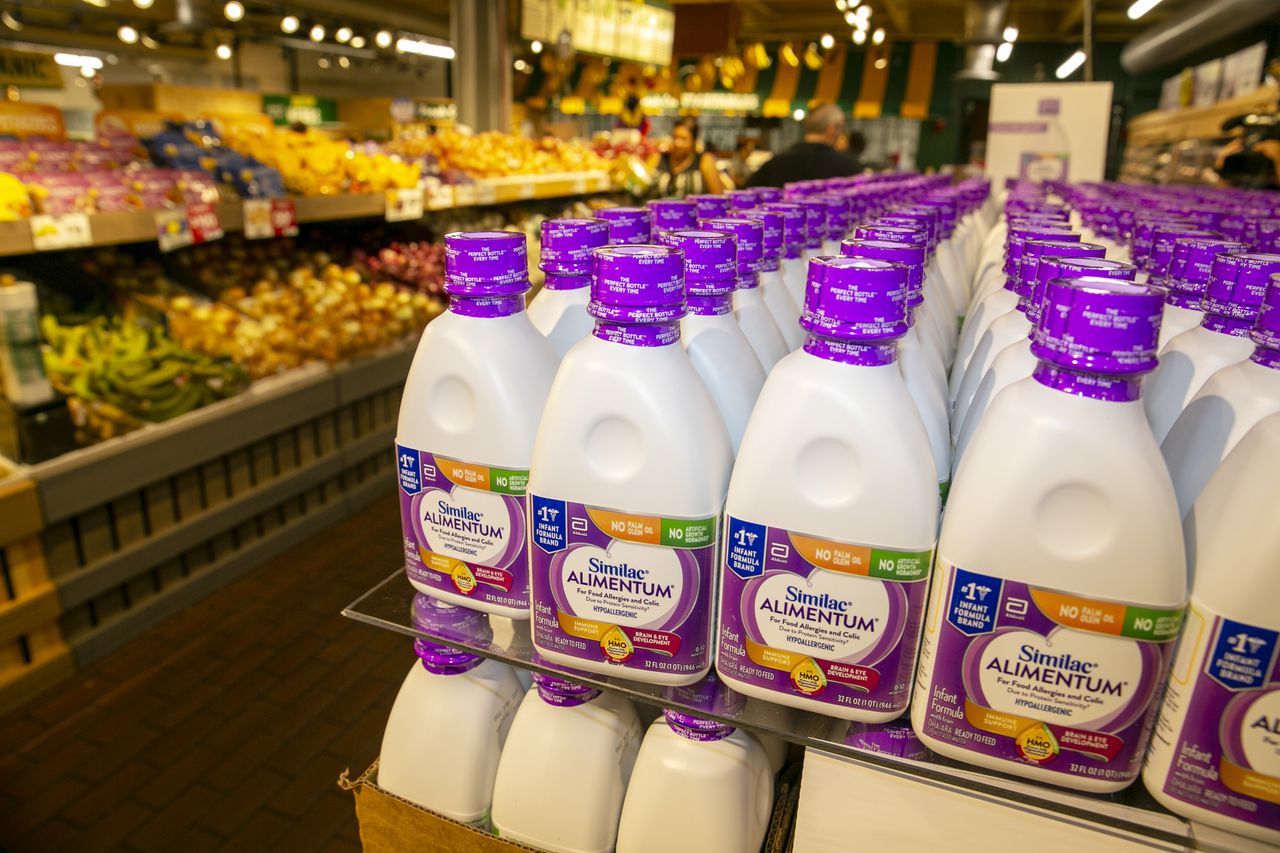Alabama WIC food, formula assistance guidelines are changing
Changes to Alabama’s WIC program, the name for the Special Supplemental Nutrition Program for Alabama Women, Infants and Children, could help more pregnant women, new parents and children get better access to healthy food and formula
New eligibility guidelines from the state’s Department of Public Health went into effect May 1.
People who make up to 185% of the Federal Poverty Level are eligible. The WIC program includes foods like cheese, fruits and vegetables, whole grain bread, milk and eggs, canned tuna, cereal and infant formula.
Cash value benefits to increase fresh and frozen fruits and vegetables are $25 each month for a child, $44 for pregnant individuals and $49 for those who are breastfeeding.
Families who receive Medicaid, Supplemental Nutrition Assistance Program (SNAP) benefits, or Temporary Assistance for Needy Families (TANF) also are eligible.
Under the new guidelines, annual income for families eligible for the program could go up to:
- $26,973 for a single individual
- $36,482 for a family of two
- $45,991 for a family of three
- $55,500 for a family of four
- $65,009 for a family of five
- $74,518 for a family of six
For pregnant women, each pregnancy counts toward the family size.
At the federal level, the poverty level is adjusted annually. Over the last five years, it has increased each year, with Alabama’s WIC eligibility, which remains at 185% of the FPL, subsequently increasing as well.
People who are eligible must be pregnant, breastfeeding, a new parent who gave birth in the last six months or children under the age of five. Those who are interested in enrolling in the WIC program can check their eligibility status using the WIC PreScreening Tool.
In addition to assistance with food, the WIC program offers nutrition education, breastfeeding support and health care referrals.
“Alabama’s WIC Program understands the struggles many families face to establish healthy eating habits, and WIC is here to help women, infants, and children in Alabama,” state program director Allison Hatchett said.
Sen. Arthur Orr, R-Decatur, has filed a bill during the state’s 2023 legislative session to remove a penny from the state’s 4 cent sales tax on groceries that fall under WIC guidelines each year.
Nationally, residents have felt stress as inflation has caused prices for various groceries to rise. In a 12-month period, the price of cereal and bakery items rose 13.6% and the cost of fruits and vegetables increased by 2.5%, according to the Bureau of Labor Statistics.
Alabama’s Lt. Gov. Will Ainsworth has also said he hopes to alleviate the state’s grocery tax.
